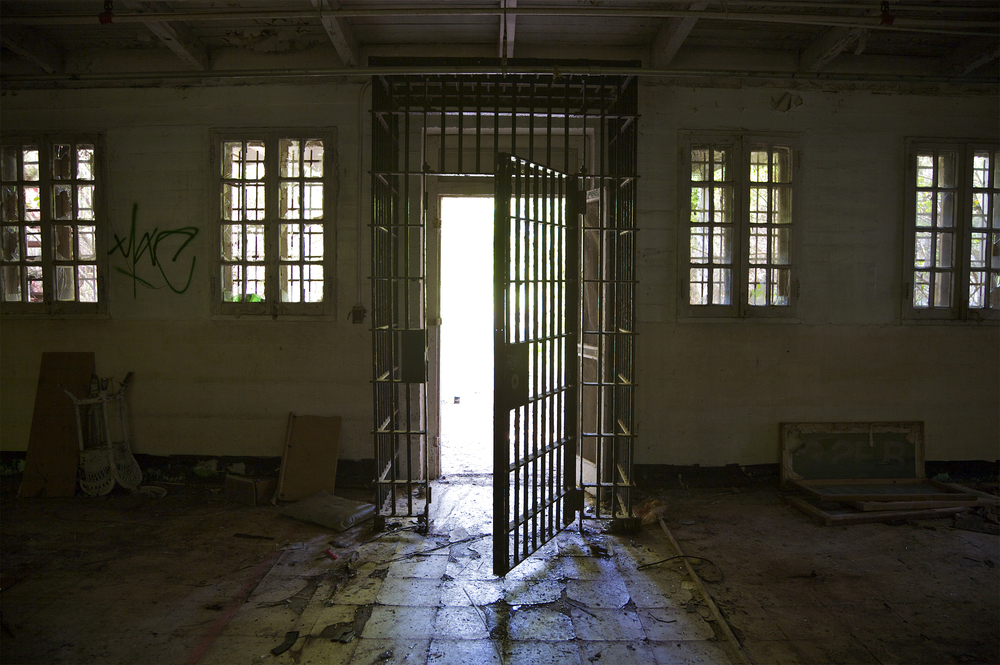Efforts underway to help formerly incarcerated people find and maintain jobs

According to his research, economist and criminologist Shawn D. Bushway of the RAND Corp. said former prisoners earn “significantly less than their counterparts without criminal history records, making the middle class ever less reachable.” Image from Shutterstock.
An estimated 64% of unemployed men have been arrested, and 46% have been convicted, according to an economist and a criminologist for the RAND Corp.
Economist and criminologist Shawn D. Bushway recently spoke to the New York Times about challenges that former prisoners face in securing jobs and being successful in the workplace.
According to his research, Bushway said this group earns “significantly less than their counterparts without criminal history records, making the middle class ever less reachable.”
The New York Times also focused on ongoing efforts to help former prisoners reenter society. The Biden administration announced in April 2022 that the Department of Justice and the Department of Labor would invest $145 million in job training and reentry services for federal prisoners through 2023.
Persevere, a nonprofit organization based in Salt Lake City and operating in six states, has trained more than 1,400 former prisoners to become full stack web developers and helped them find employment. It additionally provides them with wraparound services, including mentorship, transportation and temporary housing.
While many estimates show more than 60% of formerly incarcerated people are later arrested or convicted again, Persevere told the New York Times that recidivism rates among participants who complete its program are in the single digits. Additionally, 93% are placed in jobs, and 85% are still in them a year later.
Another organization, Ex-Incarcerated People Organizing, or EXPO, works to restore people who have been formerly incarcerated to full participation in their communities. Led by directly impacted people, the organization advocates in local and state governments to create more support and opportunities for its members. It started in Madison, Wisconsin, and has several chapters in the state.
Dant’e Cottingham was previously incarcerated and now works full-time with EXPO to find people with criminal records jobs at local businesses. He told the New York Times that “just getting somebody an interview” still seems like a victory.
“I run into some doors, but I keep talking, I keep trying, I keep setting up meetings to have the discussion,” Cottingham said.
See also:
ABAJournal.com: “One-time jailhouse lawyer creates legal jobs program for the formerly incarcerated”
ABAJournal.com: “True Calling: Ameelio platform helps inmates communicate more easily with family and get an education”
ABA Journal: “Formerly incarcerated people are building their own businesses and giving others second chances”



